Thompson: “We’re putting American interests first”
WASHINGTON — Defense Department leaders briefed lawmakers this week on the changing security landscape in Africa and the Middle East, emphasizing a renewed focus on counterterrorism, regional stability and the strategic competition posed by China and Russia in both regions. Katherine Thompson, who serves as assistant secretary of defense for international security affairs, told the House Armed Services Committee that U.S. Central Command (CENTCOM) and U.S. Africa Command (AFRICOM) are “putting American interests first” in their positions across their areas of responsibility.
Thompson outlined key defense priorities, including securing maritime chokepoints, supporting partner nation capacity building and preventing the resurgence of terrorist networks like ISIS and al-Shabaab. “Whether it’s the Bab el-Mandeb Strait, the Red Sea Corridor or the Sahel region of North Africa, our focus remains strong: deterring threats, supporting allies and maintaining U.S. influence,” she said.
Addressing Instability and Strategic Competition
In the Middle East, CENTCOM continues to manage tensions in Iraq and Syria while responding to emerging threats in Yemen and the Gulf. Officials stressed the importance of forward-deployed assets and regional basing agreements that enable rapid response without heavy permanent action. DOD leaders acknowledged that Iran-backed military activity and proxy warfare in Iraq, Lebanon and the Arabian Peninsula are key concerns.
In Africa, the Pentagon is moving from large-scale operations to a strategy rooted in partnerships and precision. AFRICOM leaders have emphasized working “through, with and through” African partners – particularly In West Africa, where insurgents and rebels have challenged U.S. diplomatic and security efforts. At the same time, both China and Russia are expanding their influence through arms sales, infrastructure investments, and private military contractors.
“The competition is global, and it includes Africa,” Thompson noted. “China is seeking fundamental rights, Russia is exporting instability through the Wagner network, and both are undermining democratic institutions.”
Outlook: A regional hub without a divorce
Although some lawmakers have pressed the DOD on the scope of U.S. commitments abroad, Thompson and senior military officials maintained that a strategic presence in both regions is important. The Pentagon is adapting to “lean, smart” operations — reducing risk while maintaining agility. Officials have called for intelligence, surveillance, and reconnaissance (ISR) platforms, a flexible naval asset and reaffirmed the need for expanded joint training initiatives with local forces.
The Defense Department’s message was clear: While large-scale ground operations may be a thing of the past, America’s defense and diplomatic engagement in Africa and the Middle East is essential to securing long-term national interests.
You might like this: Iran Mobilizes Air Defense Systems Following Israeli Strikes – Air Force News
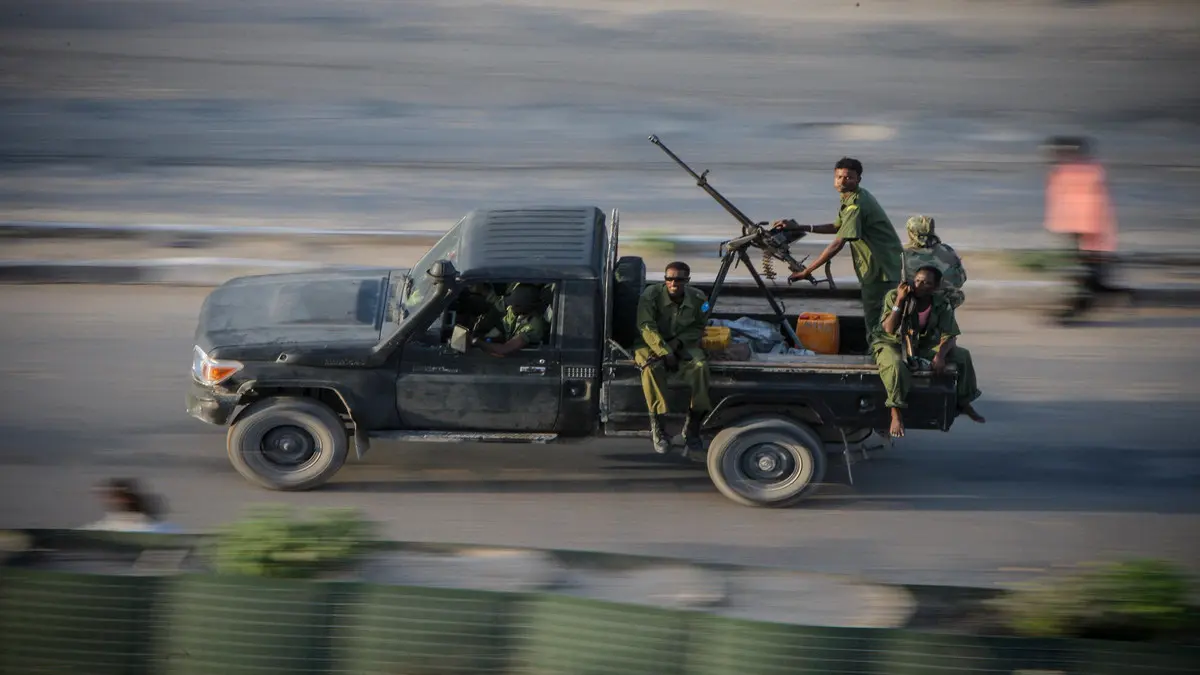
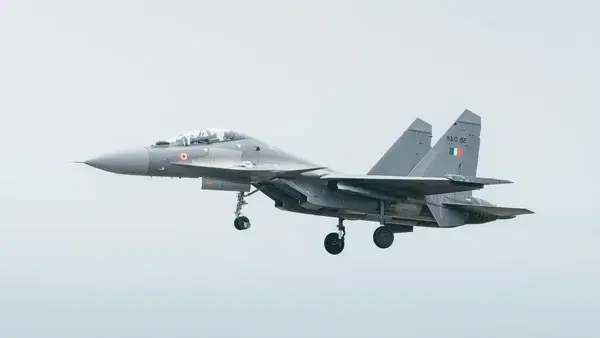
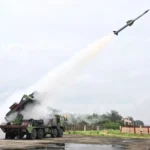
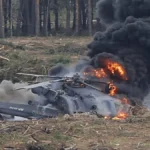
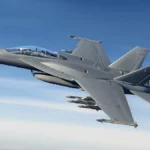



Leave a Reply